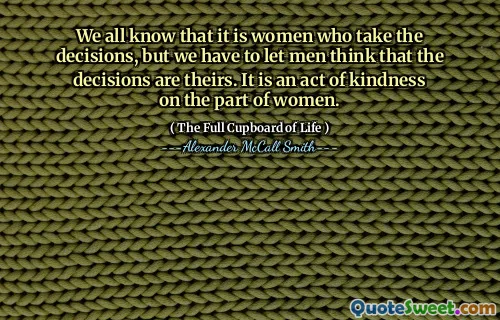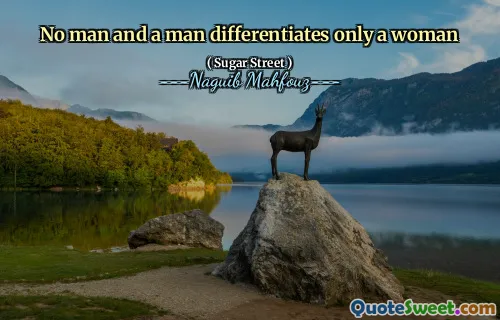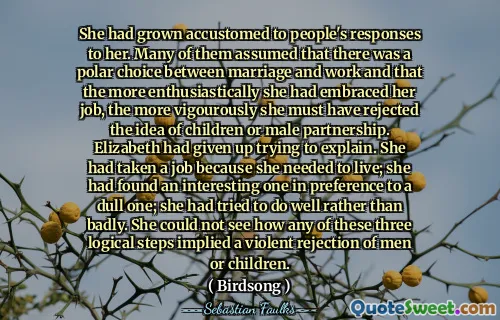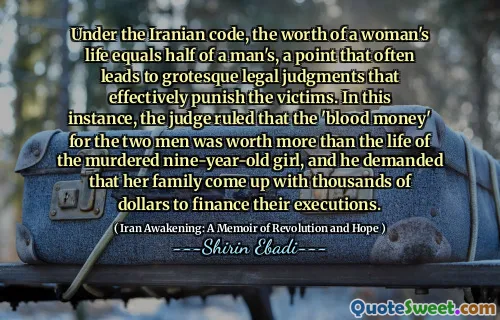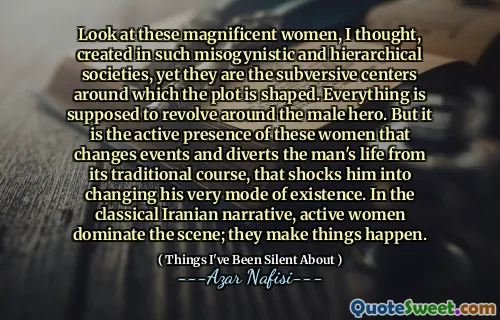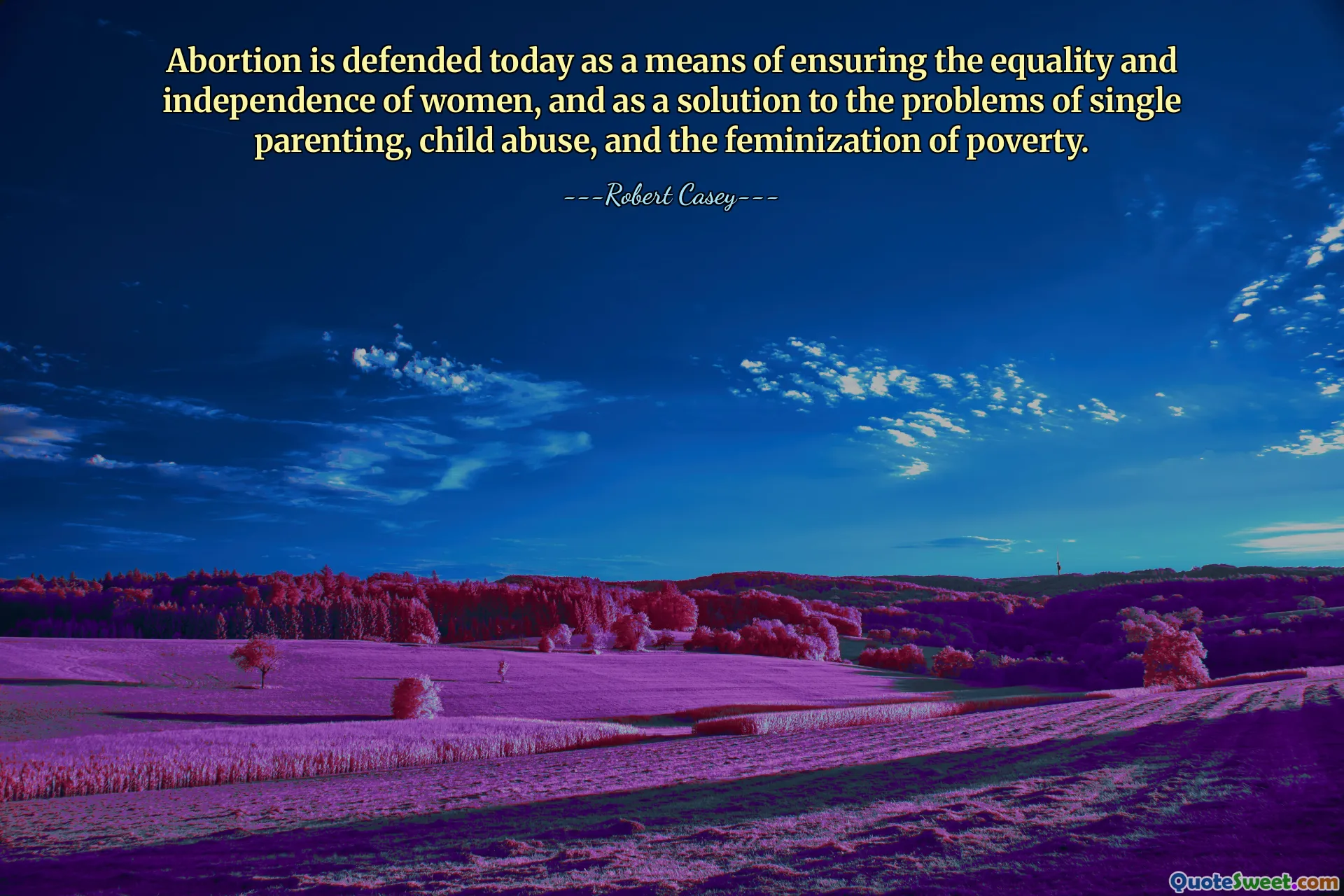
Abortion is defended today as a means of ensuring the equality and independence of women, and as a solution to the problems of single parenting, child abuse, and the feminization of poverty.
This quote encapsulates a complex and highly debated perspective on abortion rights and their role in society. It highlights how advocates often justify access to abortion not just as a matter of individual choice, but as a strategic tool to achieve broader social goals like gender equality, economic independence for women, and addressing systemic issues such as single parenting challenges, child abuse, and poverty that disproportionately affect women and children. From a societal standpoint, supporting abortion access can be seen as empowering women to make decisions about their bodies and futures, which might lead to greater participation in the workforce, reduced reliance on government aid, and improved prospects for children born into challenging circumstances. However, this perspective also raises ethical, moral, and cultural debates about the value of life, personal responsibility, and societal intervention. Critics may argue that framing abortion as a solution to social problems diminishes the moral weight of the act and overlooks alternative approaches like education, social support, and healthcare reform. Ultimately, the quote underscores how abortion has become a multifaceted issue intertwined with issues of gender politics, socio-economic disparities, and public health. It prompts us to reflect on the ways in which societal policies and cultural narratives shape individual choices and the importance of providing comprehensive support systems that address the root causes of the problems associated with single parenting, child abuse, and poverty, rather than solely focusing on reproductive rights in isolation.






